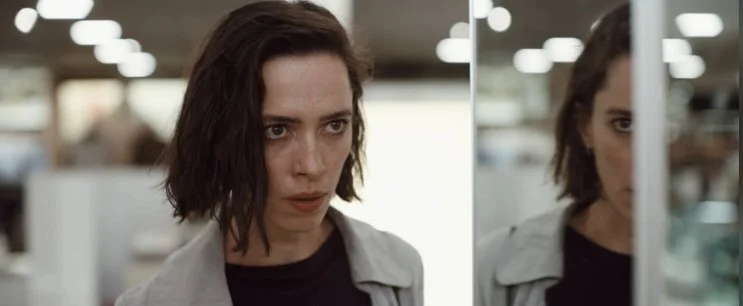Given the obvious obstacles that came in organizing a film festival during the Omicron surge, Sundance has been doing very well with its virtual format again this year. I can see many of the films being screened this year having long legs in the streaming world, and even a few via theatrical distribution.
Of all the major film festivals, the virtual format works especially well for Sundance, especially if it continues to focus its identity on being, first and foremost, an event based on acquisitions, talented young filmmakers, and documentaries.
With that being said, the films continue to be screened.
It’s quite ballsy of director Oliver Hermanus to want to make an English-language adaptation of the script of Akita Kurosawa’s 1952 masterpiece, “Ikiru.” This one’s set in 1950s London and, it pains me to report this, it’s a mostly beat-by-beat remake of the original. Why even bother making “Living,” a glossier and more modern version? Maybe for millennials who — sacrilege! — haven’t seen, let alone heard of, the 1952 film. Bill Nighly is perfectly cast in the role made famous by Takashi Shimura, and his quietly spoken performance, filled with gentle mannerism, is the best thing about “Living.” [C+]
You can feel the influence of Greek auteur Yorgos Lanthimos in several Sundance films this year. In Andrew Semans’ “Resurrection,” Rebecca gives a brazing performance as Margaret, a by-the-books exec, both disciplined, and successful at what she does, who has her past coming back to haunt her. That is, until David (Tim Roth) returns, carrying with him Margaret’s horrific secrets. Semans’ devilish film builds up the dread as Margaret tries to protect her daughter from a man she believes to be absolutely evil. But is he? Is this all in her head? The ambiguity sells the viewer in being throughly invested, and the effect is damn-near hypnotic, that is until Semans decides to strip the ambiguity and go full-genre in the film’s final quarter. Hall delivers a harrowing performance that cements her among the very best actresses working today. Her film may crumble by its end, but she’s unforgettable. [B/B+]
Lanthimos’ shadow looms large as well in Riley Stearns’ “Dual.” Set in a dystopia where terminally ill people have the option to clone themselves for the benefit of their family and friends, a woman (Karen Gillan) opts for the very procedure after receiveing a terminal diagnosis. The problem is she surprisingly ends up in remission, but not without her clone being favored by her mom and boyfriend. What happens within such a dystopia and with such a dilemma? Well, obviously, a duel to the death. The clone needs to be “decommissioned,” only by being killed. It’s court-mandated, something about a clone’s rights. Stearns won me over with 2019’s “The Art of Self-Defense,” but his latest film is so coldly distanced from the audience, with its deadpan dark humor completely falling flat, that it counts as one of the major disappointments of Sundance 2022. This is a minor work from a filmmaker filled with talent — an undercooked, not well shot, comatose script that doesn’t fully embrace its inner Lanthimos. [C]






